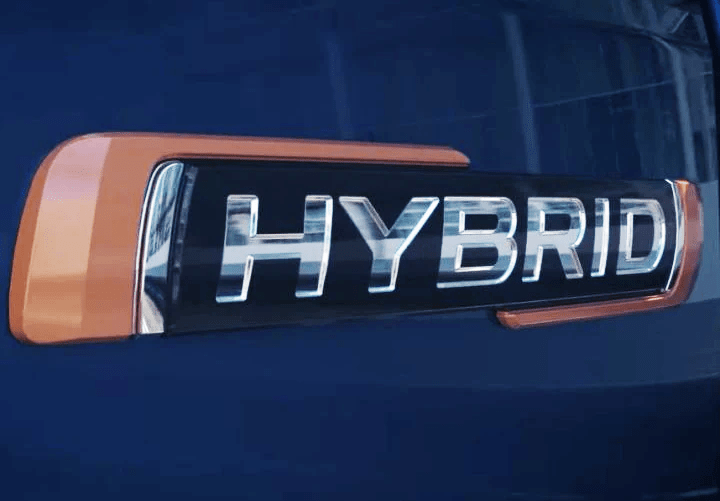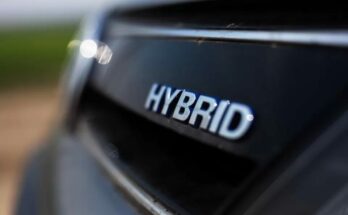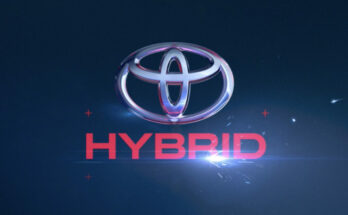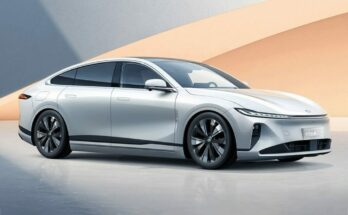Hybrid electric vehicles (HEVs) are powered by an internal combustion engine and one or more electric motors, which use energy stored in the batteries. Together with an electric motor and a battery with an internal combustion engine (ICE), HEVs not only boast fuel efficiency and keep emissions low.
The ICE sends power to charge the battery pack, while energy from braking is captured and stored as energy (regenerative braking). In this way, HEVs are in a way ‘self-charging’. Most good hybrids include a choice of power modes ranging from eco to power. Unlike pure electric vehicles (EVs), you won’t have to worry about running out of battery because the ICE always ensures there is sufficient power unless the system is a plug-in derivative (PHEV).

With the high price of EVs, a hybrid vehicle can be considered a stepping stone towards all-electric, offering two clear benefits: enhanced fuel efficiency and lower emissions. While the country grapples with ongoing electricity issues and a lack of infrastructure for EVs, hybrid cars are indeed a good transitional option.
Related: Time for Hybrids has Gone, Will Toyota, Honda & Nissan Wake Up?
While there are good environmental and financial advantages to hybrids, they are not the best solution for all drivers. Here are some pros and cons which you should consider before buying a hybrid car.
Pros
- Environmentally friendly due to lower sulfur and nitrogen oxides emission.
- Savings on fuel costs.
- Quieter than conventional ICE-powered cars.
- Less wear and tear on the car’s internal combustion engine (ICE), thus requiring less maintenance.
- No ‘range anxiety’ as in the case of fully electric cars, because your engine powers the hybrid battery.
Cons
- Higher upfront costs, although they are still more affordable than pure EVs.
- Batteries are expensive and require replacement after around 10 years.
- Not economical for highway driving because hybrids rely on ICE at faster speeds.
- Diminished Hybrid Fuel Efficiency In Cold Weather.
- Repair costs for hybrid systems are very high.
Some older hybrid models had experimental features which failed, and their batteries deteriorated quickly, such as the Honda Accord Hybrid in 2005. However, since then, hybrid technology has improved significantly. If you are going to opt for a hybrid model, it’s advisable to choose a newer model with the latest technology to avoid reliability issues.
Related: Toyota a Pioneer with Hybrids but Struggles to Leap to Electric
But despite the fact that hybrid technology is now more than 25 years old, the price difference from an ICE-powered car is still quite substantial. And that’s the main reason why hybrids are still not as common as one might think they should have been. Now that the world is fast moving towards EVs, and considering the cost of production of a hybrid car, how long will the HEVs be able to survive in the market, only time will tell.

I don’t eat, sleep or dream of cars, I am just someone who loves to see, think & write about cars. I love Ferrari in Pink but they won’t make one for me. I use X to write my full name, but that doesn’t mean I’m inspired by Altis X, in fact, my dad hates it 😀 Btw I’m an occasional writer so don’t expect too much from me 🙂




